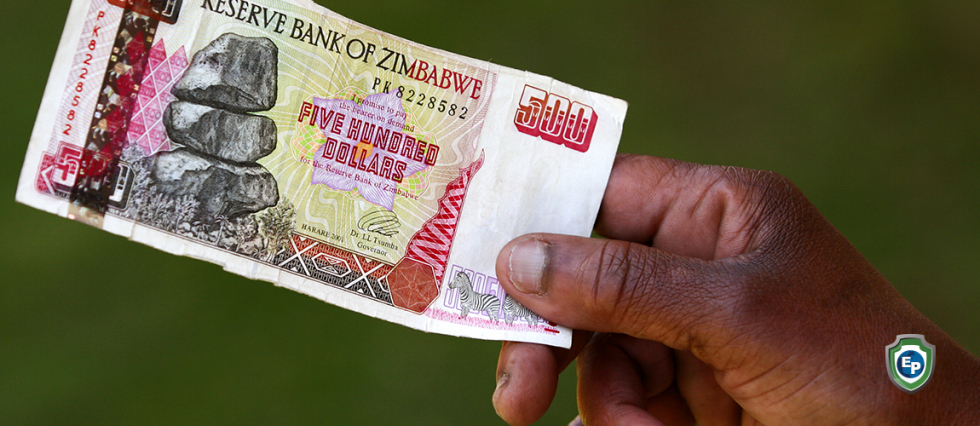Zimbabwe Changes It's Foreign Exchange Market and Rules
Read this blog to find out the consequence of Zimbabwe's fiscal mismanagement, bad monetary policy, and deteriorating trust in government institutions.

Zimbabwe has had a difficult time keeping the local currency in check. This is primarily due to fiscal mismanagement, bad monetary policy, and deteriorating trust in government institutions.
This created a black market for foreign currencies that eventually offered more than double the official rate. Seeing that the situation was not conducive, the Finance Minister Mthuli Ncube decided to act. In a statement released on March 11 he:
• Announced a Currency Stabilisation Task Force, which would be chaired by himself and consist of members from the Monetary Policy Committee and Presidential Advisory Committee. Oddly, his new committee is interpreted as taking over the role of the central bank.
• Changed the foreign currency market from a controlled exchange to a managed exchange. This was done so that the banks will be market makers loosening the grip the central bank had on the market.
• Adopted the Reuters forex trading platform to increase market transparency.
• Announced the gradual phasing out of letters of credit marked at the official rate. Since the official rate was lower than the black market rate, these letters of credit essentially acted as subsidies for importing commodities like fuel and grain.
• Increase the capacity for bureaux de changes to finance imports and trade forex.
• Phased out a gold incentive scheme.

The above measures were enacted due to Zimbabwe's economic woes. When the government realized the financial impact due to the Covid-19 pandemic, they had to adapt quickly. On March 26, it announced that:
• The managed floating system was suspended, and the rate was fixed with to the US$ at 25:1
• To promote lending by financial institutions, the government reduced statutory reserves from 5 percent to 4.5 percent along with a cut of the bank's policy rate from 30 to 25 percent
• Lifted controls on the use of foreign exchange in the country. The use of foreign currency for local and international transactions will have no restrictions.
The Zimbabwean government has no foreign exchange reserves to defend – it's a fixed rate. Considering that due to the COVID-19 pandemic exports will be low along with remittances, it is expected that the divide between the official exchange rate and the black market rate will widen.
Export Portal is here to help countries struggling financially in the wake of the coronavirus. Our platform makes it easy to find new buyers and suppliers from all over the world. To further support SMEs, we have waived our certification fees until the end of 2020. Register for free today!






Comments 0